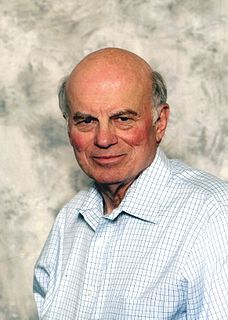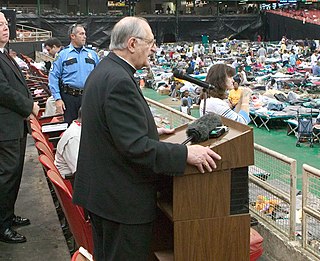A Quote by Pope Francis
The Golden Rule reminds us of our responsibility to protect and defend human life at every stage of its development. This conviction has led me, from the beginning of my ministry, to advocate at different levels for the global abolition of the death penalty.
Quote Topics
Related Quotes
Environmental pollution, terrorism, and many other global threats do not stop at borders. We all bear global responsibility and thus need a global identity to enable us to cope with them. We must learn to integrate different levels of identity in ourselves. What matters is not either/or, but both/and.
As a pastor in a Protestant church, my whole ministry centers on the conviction that by grace we are saved through faith. And it's not our faith that delivers us, as if believing something, anything at all were pleasing to God. It's the object of our faith - Christ's life, death, and resurrection - that saves us.
Ajamu Baraka is a human rights advocate and an international human rights advocate, who's been defending racial justice, economic justice, worker justice, indigenous justice, and justice for black and brown people all over the world, and in the United States has been helping to lead the charge against the death penalty here, and is an extremely eloquent and empowering person. And one of the great things about running with him is that we speak to all of America.




































